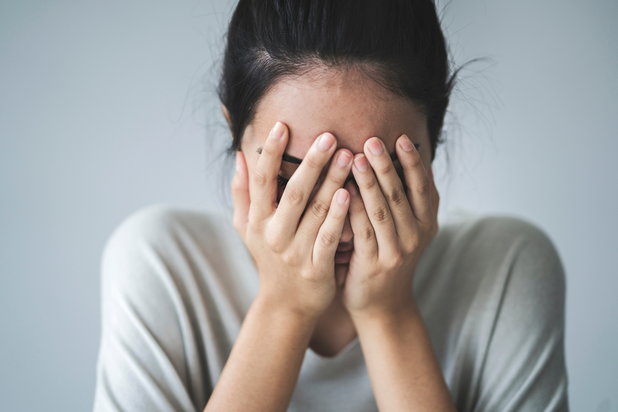Domestic violence is more prevalent than many realize. With victims shrouded in shame, it's one of those conditions hardly anyone talks about, but many people experience. Almost 20 people in the US every minute are a victim of physical domestic violence, according to the National Coalition Against Domestic Violence (NCADV). And this data is from before the Covid-19 pandemic. New data shows that global lockdowns have resulted in a 'horrifying surge' in domestic violence, according to the United Nations. The New England Journal of Medicine has referred to this dangerous trend as a "pandemic within a pandemic."
"Violence is not confined to the battlefield," said United Nations Secretary-General António Guterres. "For many women and girls, the threat looms largest where they should be safest — in their own homes," he explains as he appeals "for peace at home — and in homes — around the world."
Link Between Alcohol and Domestic Violence
The abuse of alcohol is strongly correlated with the incidence of domestic violence. Abusers often abuse alcohol or other substances, studies show. Alcohol consumption, especially at harmful and hazardous levels is a major contributor to the occurrence of intimate partner violence, and links between the two are manifold, according to the World Health Organization.
Another concerning result of this is that those who are abused are also more likely to drink or use other drugs to cope with their situation. While we can’t say that alcohol directly causes domestic violence, it is clear that the substance can make a bad situation worse.
Alcohol and Emotional Control
For some people, alcohol makes them feel as though they finally have their emotions under control. However, for many other people, alcohol allows them to lose their personal filter for their emotions and behaviors, and their rage or other toxic emotions are unleashed. Alcohol has a way of compromising the brain’s ability to process external environmental factors. For example, while under the influence of alcohol, a person might have a more difficult time reading another person’s intentions.
People tend to lose their grasp on consequences when drunk and unchecked impulsive behavior can take over. This is a hazardous situation for relationships where there might already be underlying problems.
The slightest hint of tension or a simple misunderstanding can seem like a grave offense to a person under the influence of alcohol. People under the influence often react instead of respond. Once the brain (and body) starts reacting rather than responding, any form of domestic violence might occur.
Alcohol and Anger Management
In particular, alcohol can pose a dangerous threat to those who have difficulty controlling their impulses or anger while sober. For some people, everyday functioning is difficult because they tend to live impulsively or struggle with anger management. Alcohol decreases a person’s ability to think clearly before speaking or acting, and for some people, every word or behavior while drunk comes from a place of fear. The slightest occurrence might trigger their fight-or-flight response.
Thus, alcohol consumption increases the risk for all types of violence – not just domestic violence. This is why bar fights are a thing, people dial ex-lovers in the early morning hours after the last call, and some choose to drive when drunk even though they know how dangerous drunk driving is.
And unfortunately, this is why the partners of those who drink might be at an increased risk for domestic violence.
Effects of Domestic Violence
Domestic violence can result in permanent physical damage, emotional and psychological problems – including PTSD, job loss, bankruptcy, and even death, in severe cases.
Domestic violence often manifests as intimate partner violence (IPV), when a person commits violence against their spouse or significant other. But physical violence isn’t the only type of domestic violence. Domestic violence also includes emotional, verbal, sexual, and financial abuse. If you take all of these domestic violence forms into consideration, that number from NCADV is significantly higher.
Resources for Victims of Domestic Violence
If you are experiencing domestic violence, you are not alone. Review the resources below and reach out to begin to find safety.
Domestic Abuse Defined
http://www.thehotline.org/is-this-abuse/abuse-defined/
National Domestic Abuse Hotline (US):
http://www.thehotline.org/
Text LOVEIS to 22522
Call 1-800-799-7233
Crisis Text Line: Text HOME to 741741
National Parent Hotline: Call 1-855-427-2736)
Childhelp National Child Abuse Hotline
https://www.childhelp.org/childhelp-hotline/
Call 1-800-422-4453)
Canada:
https://www.justice.gc.ca/eng/cj-jp/...help-aide.html
UK:
https://www.womensaid.org.uk
Europe:
Cosc, the National Office for the Prevention of Domestic, Sexual and Gender-based Violence: Local & National Services
Australia:
https://au.reachout.com/articles/dom...olence-support
Call 1800RESPECT at 1800 737 732.
If you or someone you know is seeking help with addiction, please visit our directory of treatment centers or call 866-606-0182 to start the path to recovery today.








